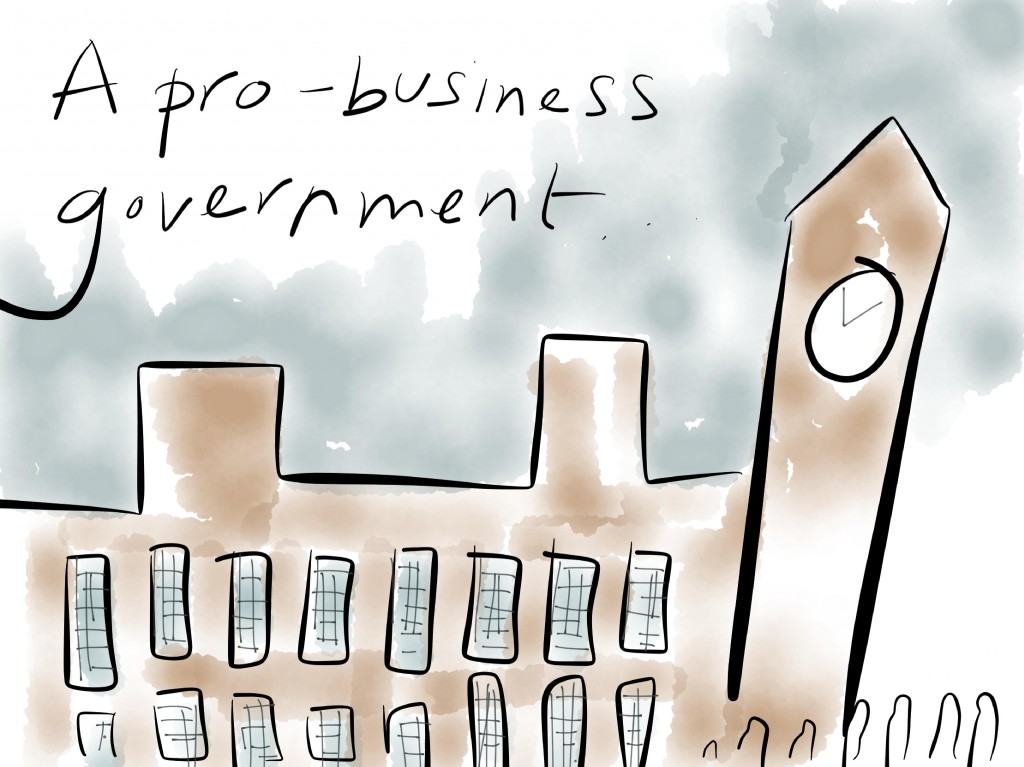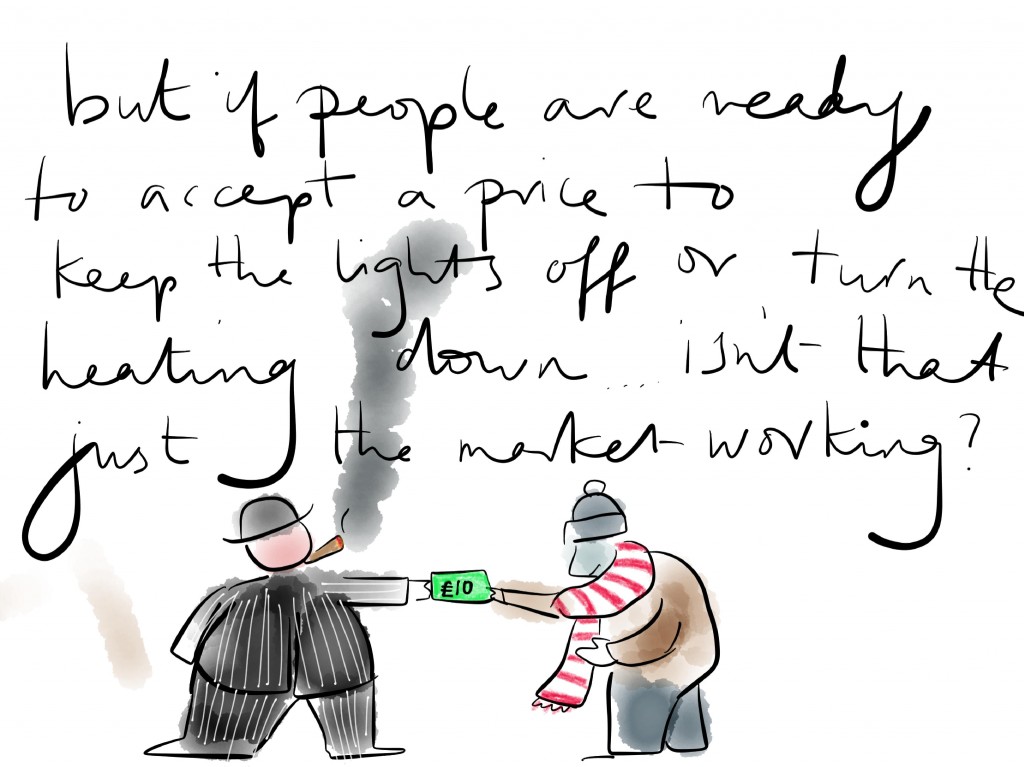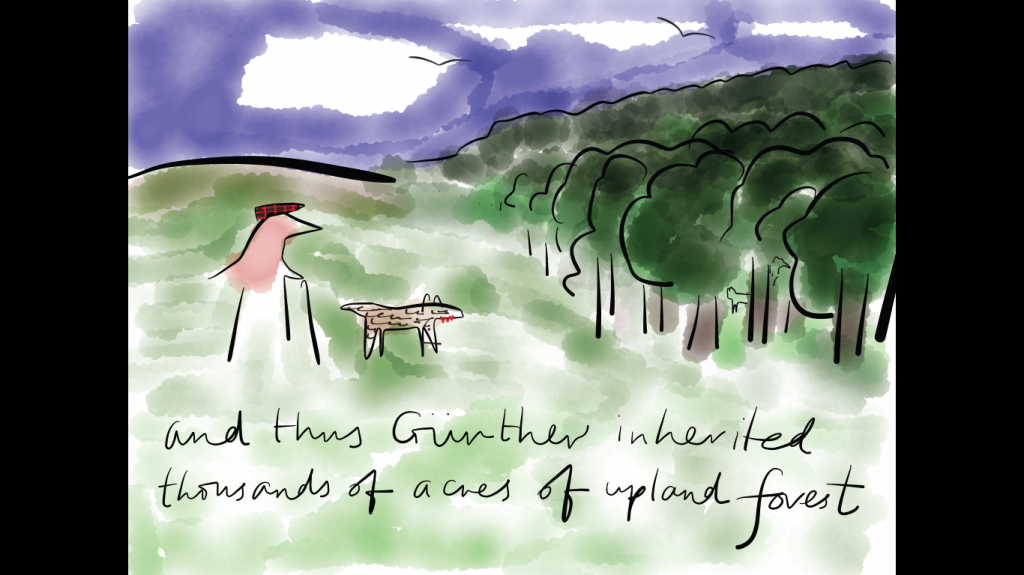Another day, another instance of the Bustard’s First Law coming into play.
Reuters reports that “European Union regulators on Wednesday approved a German scheme to compensate heavy industries for higher electricity costs resulting from the bloc’s emissions trading scheme (ETS).”
This is not surprising.
Carbon pricing should cause a shift of wealth from carbon intensive industry to carbon light industry. So the Bustard’s First Law makes assumptions about the relative political power of those two camps. It assumes that old industry has more political power than new industry. And, possibly, that individuals in senior positions in old industry care more about their jobs than their descendants.
Political power is a function of (among other things) loyalty, wealth and number of employees. Of these, the number of employees is surely the most important in serious countries; wealth and loyalty are the most important in countries further east.
New industries are likely to have less political power because they have accumulated less wealth and loyalty. There is also a strong impression that low-carbon industries create fewer jobs than will be lost from carbon intensive industries. If this is not true, then low-carbon industries need to do way better at persuading politicians and voters that they stand for more jobs than old industry.
This might well mean going beyond the simple numbers of people employed at this factor and that, and rather, having a model of the economy which can predict labour levels assuming different mixes of energy sources and materials used.
A deep, residual belief among people that traditional industry is the largest source of meaningful work is perhaps the most powerful card held by those who lobby against cutting emissions. It is essential for low carbon industry to be very convincing about jobs.
















